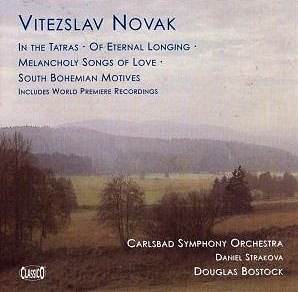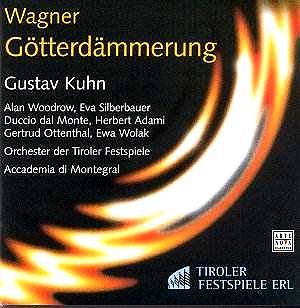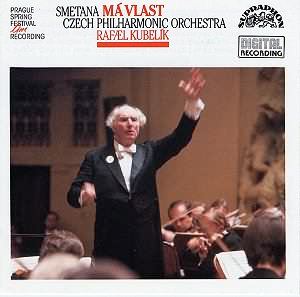 Composer: Vitezslav Novak
Composer: Vitezslav Novak
Works: In the Tatras (1907), About the Eternal Longing (1904), Melancholy Songs of Love (1910?), South Bohemian Motifs (1947)
Performers: Daniela Strakova (soprano), Carlsbad Symphony Orchestra/Douglas Bostock
Recording: Lazne III, Carlsbad, Jan 1998
Label: CLASSICO CLASSCD 256
Vitezslav Novak, a pivotal figure in Czech music, often occupies a space that balances nationalistic fervor with a distinctively late-Romantic sensibility. This recording, led by Douglas Bostock and featuring the expressive soprano Daniela Strakova, offers a compelling survey of Novak’s orchestral and vocal works, juxtaposing earlier compositions with those written towards the end of his life. The juxtaposition not only highlights Novak’s evolving artistry but also serves as a reminder of the socio-political undercurrents that influenced his later works, particularly as Czechoslovakia transitioned under Communist rule.
Bostock’s direction allows the Carlsbad Symphony Orchestra to shine, particularly in the vibrant orchestral texture of “In the Tatras.” This tone poem, a celebration of the majestic Tatra mountains, unfolds with a lushness reminiscent of Delius’s “Song of the High Hills” and Strauss’s “Alpine Symphony.” The orchestra’s articulation of the sweeping melodies conveys both grandeur and intimacy, capturing the essence of nature’s beauty. Bostock’s careful attention to dynamics provides a sensuous charge that invites the listener into the heart of the piece. The contrasts between the exhilarating climaxes and the reflective passages are handled with deftness, showcasing both the orchestra’s technical prowess and Bostock’s interpretative acumen.
In “About the Eternal Longing,” based on a tale by Hans Christian Andersen, the orchestration evokes a sumptuous soundscape akin to that of Granville Bantock. Here, Strakova’s voice emerges as a beacon of emotion, her tonal clarity and expressive phrasing enhancing the narrative’s lyrical depth. Bostock’s treatment of the orchestra maintains a delicate balance, ensuring that the lush orchestration does not overshadow Strakova’s nuanced performance. However, one might note that the pacing in the central section lacks the fervor found in Karel Sejna’s earlier recordings, which imbue the music with a more palpable sense of urgency.
The two song cycles—particularly the “Melancholy Songs of Love”—present a different challenge. While Strakova’s voice is consistently lovely, the emotional landscape across the four songs can feel unvaried. The songs, akin to Klimt’s paintings, evoke a singular, contemplative mood that may risk losing the listener’s engagement due to their sustained melancholy. The “South Bohemian Motifs,” conversely, demonstrate Novak’s late stylistic maturity, showcasing a wider emotional palette. Strakova’s performance in these works reveals a deep connection to the music, characterized by moments of playful lyricism juxtaposed with poignant introspection. The contrast of moods, coupled with Novak’s inventive orchestration, reveals the composer’s late-career vitality.
Sound quality is generally commendable, with the recording capturing the rich textures of the orchestra and the distinct timbre of Strakova’s voice, although one feels a slight lack of depth compared to the more resonant Supraphon recordings of the 1960s. The engineering allows for clarity in both orchestral and vocal lines, but at times, the orchestral body may feel less imposing than in previous incarnations.
This recording stands as a significant contribution to the exploration of Novak’s work, particularly for those interested in late Romantic orchestral song cycles. Bostock’s commitment to bringing lesser-known repertoire to the fore is commendable, and Strakova’s performance is nothing short of exceptional. The album not only enriches our understanding of Novak’s oeuvre but also strengthens the case for his rightful place within the broader canon of late Romantic music. As we anticipate further explorations of Novak’s symphonic works, this release serves as both a testament to the composer’s artistry and a call to revisit the rich tapestry of Czech music in the early 20th century.



